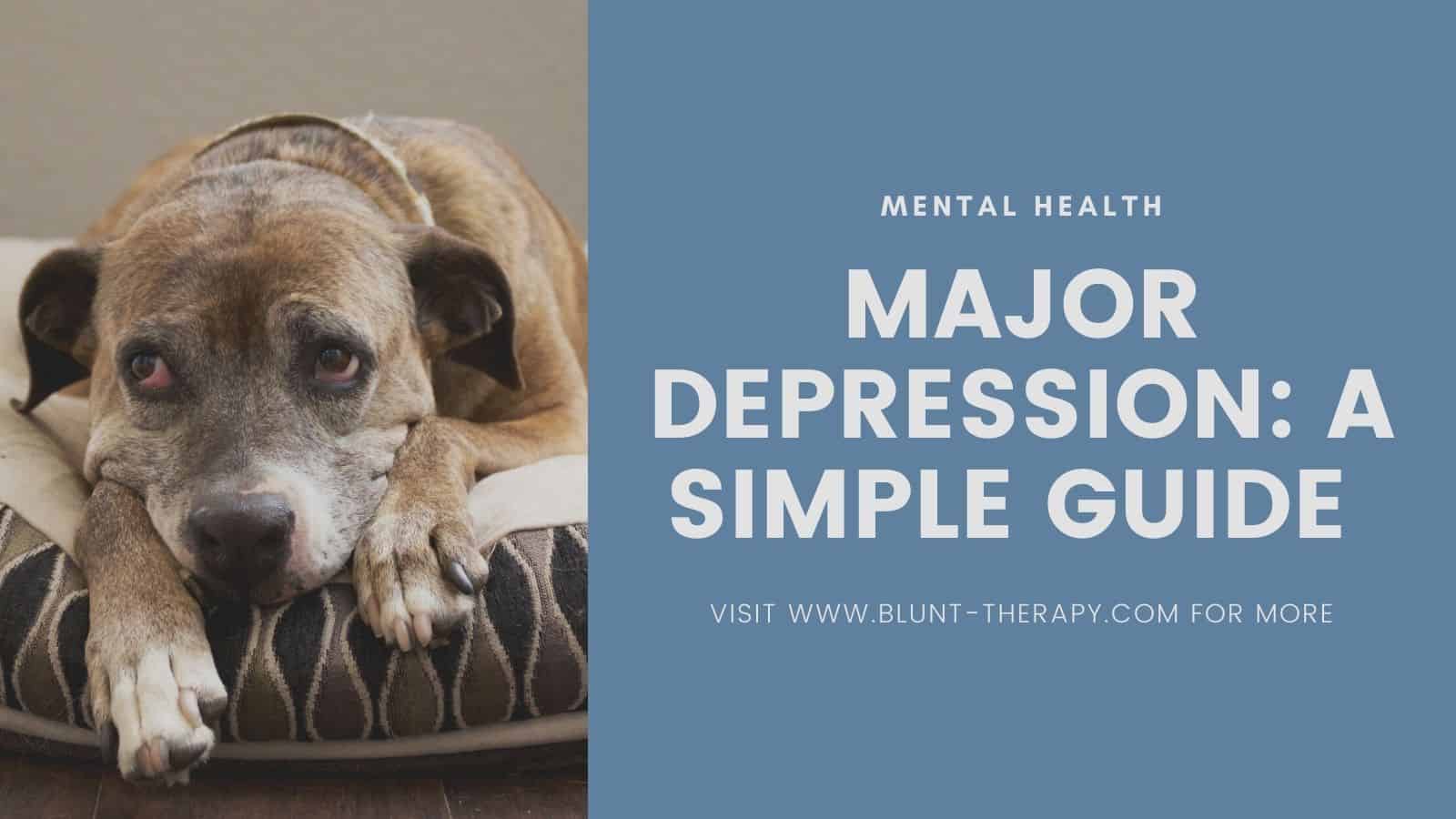Table of Contents
Affiliate link notice: As an affiliate of BetterHelp and other third-party vendors, We will receive compensation if you make a purchase using the links provided on this page. For more information, visit our disclosure page.
Last Updated on July 23, 2022 by Randy Withers, LCMHC
Quality medical treatment, as important as it is, shouldn’t be the only way you should manage to stay healthy. Good health care is first and foremost about detecting and preventing health issues before they arise.
Preventive care assists you preventing and detecting potential health problems earlier on. It’s the care that’s needed before a disease turns symptomatic, or worse terminal. Preventive care services not only safeguard individuals but also serve the community as a whole by limiting the spread of infectious and viral diseases.
It focuses on preventing diseases to reduce costs of treatment and other health-related risk factors before they get a chance to develop. There are various types of preventive care and each type has its own significance in disease intervention.
In this guide, we will provide a thorough overview of preventive care and why it’s essential.

Roles Involved in Preventive Care
Amongst the various healthcare roles, nurses have a greater role to play in terms of informing patients about the prevention strategies that aid preventive care. The significance of the nurse’s role in preventive care is due to their proximity to the patients in administering care.
Nurses get to connect with patients and provide vital preventative care services in line with their various responsibilities at public health institutions, clinics, and schools.
With the rising demand for quality nurses, programs like the online ABSN programs have stepped in to replenish the nursing workforce numbers. Nurses provide patients with customized preventive health advice by taking into account the potential risks owing to patient demographics, which is especially relevant as patients age or develop chronic health issues.
Nurses are the first to discover secondary health conditions such as mental health when treating patients. Nurses are in a unique position to aid in the prevention and detection of mental illnesses.
Preventive care relies on patient participation too. They have to follow their care providers’ recommendations based around physical activity and nutritional guidelines.
While preventative care is not the end-all solution to every illness, following up with checkups and incorporating healthy habits into your daily routine can help you improve your general health and well-being.
Importance of Preventive Care
The healthcare sector is overwhelmed with patients in need of care. The demand for health care is only going to increase if the focus isn’t shift onto preventive care as well.
The demand for healthcare has increased because of an aging population and the rise in chronic diseases. Patient-centered care should relieve strain on the healthcare system by teaching people how to manage illnesses, with little professional intervention.
It’s critical to understand that research plays a vital role in developing preventive care methods that work. There will little need to visit the hospital if you could improve your health problems before they have a chance to fully emerge.
Types of Preventive Care
Primordial Prevention:
The primordial prevention are health efforts made to prevent future hazards and reduce factors known for increasing disease risks.
Prioritization of major healthcare determinants is essential rather than focusing on specific risk factors. Improving hygiene, supporting healthy lifestyle, spreading awareness, and developing sustainable approaches for combating illnesses in the community are examples of this type of preventive care.
Primary Prevention:
Primary prevention averts the onset of disease by lowering the risk variables that lead to the disease’s onset. By changing behavior or exposure to the factors are how primary prevention works.
Another method is to boost disease resistance through immunization.
Secondary Prevention:
The diagnosis and screening of pre-clinical alterations are part of secondary prevention. According to the American Heart Association, general well-being awareness led to a 25% reduction in heart disease mortality.
Websites like CDC offer visitors knowledge of how they can prevent and manage diseases on their own.
Tertiary Prevention:
This type of prevention method requires the most clinical involvement. It focuses on reversing, halting, or delaying diseases. Prevention cannot be expected to treat the disease as a whole and professional care along with preventive care is the recommended approach.
Examples of Preventive Care
According to recent research, there are 102 evidence-based preventive care recommendations. Among the numerous preventative care measures available, the following are some of the most efficient and universal:
1. Screening for Hypertension
Elevated blood pressure screening has to be carried out every 3 to 5 years for people below 40 years. But health professionals recommend a yearly checkup for people over 40. Regular blood pressure testing can help prevent strokes, heart failure, and coronary heart disease. Low blood pressure screenings can reduce the risk of cerebrovascular events and heart failure.
2. Screening for Diabetes
Diabetes causes heart disease, strokes, nerve and renal problems, and vision loss, among many other complications. Treatment of prediabetics is less invasive and lifestyle modifications in nutrition and physical activity can alleviate possible symptoms.
3. Lipid Profiles
Cardiovascular disease can cause heart attack or stroke, but prevention with medicine or increased physical activity is possible. Adults with known risk factors, such as diabetes, hypertension, smoking, and a family history of high cholesterol should have themselves examined more frequently. Regular cholesterol testing is crucial.
5. Screening for STI
STI testing might be one of the most significant strategies to protect your sexual health. Sexually active people should get an STI test every 3 months or annually, depending on the risk factors, according to the CDC. Untreated STIs can result in negative health outcomes, such as loss of fertility and sickness if left untreated.
8. Screening for Psychiatric Disorders
Depression and anxiety are two of the most common mental health problems across the world but can be successfully treated with medication, counseling, or a combination of the two if detected early.
Final Thoughts
In the years ahead, primary care and prevention will become increasingly important in healthcare. General health practitioners and nurses should advocate for and provide preventative care services more proactively.
Lifestyle adjustments can have a big impact on a patient’s overall health. Even if you are in good health, you should see your doctor for regular checkups. Preventive care may be the single best thing a patient can do to ensure a longer, healthier life.









